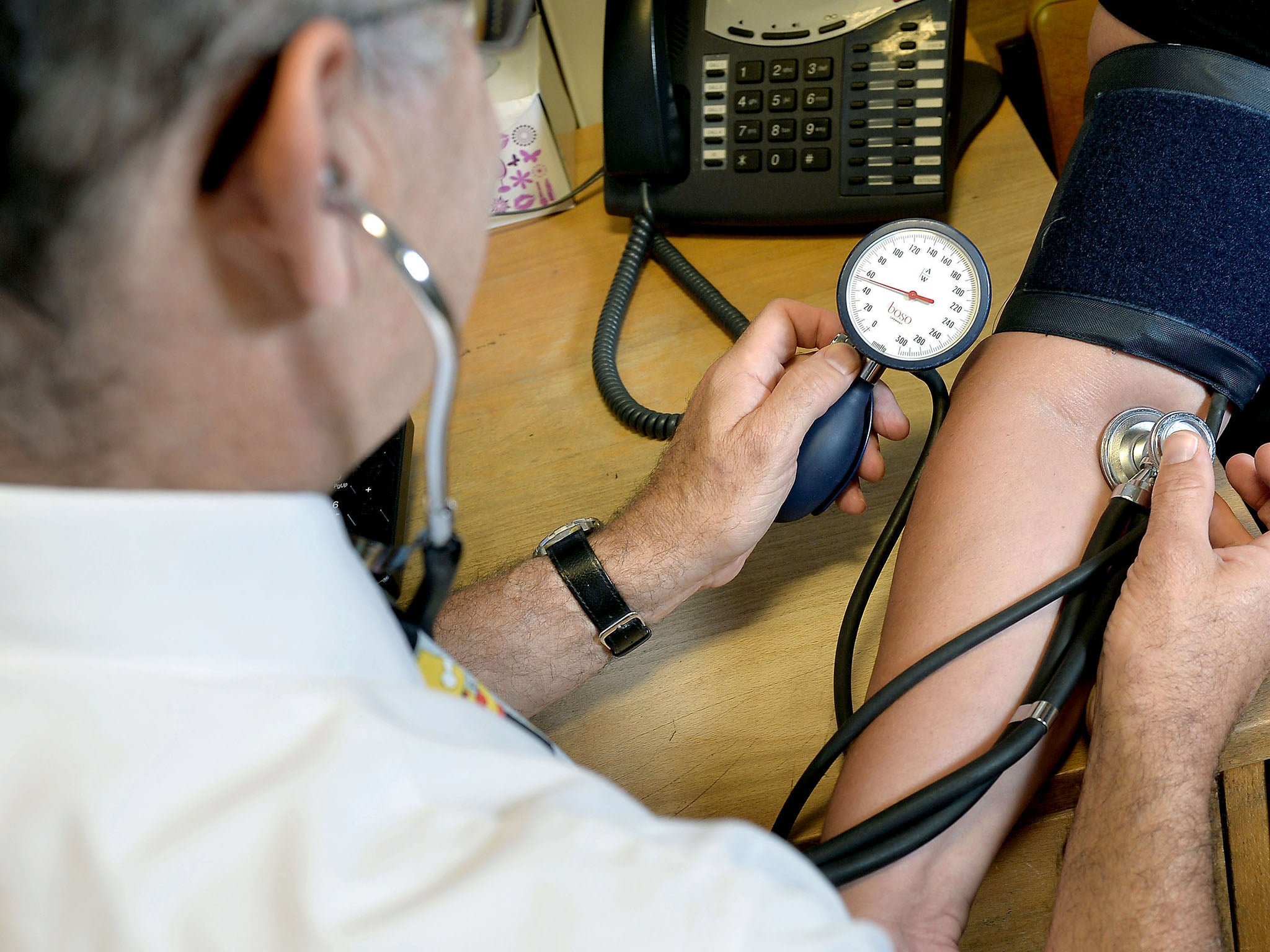Swelling and lumps are biggest indicators of testicular cancer, new study finds
Research contradicts traditional teaching about painful testicular enlargement

Discovering a lump or having a swollen testicle is the biggest indicator of testicular cancer, a new study has found.
Painful testicular enlargement indicated cancer contradicts traditional teaching but the research found it was the biggest risk factor.
Testicular cancer is on the rise in the UK, with well over 2,000 new cases each year.
The number of cases has increased by 27% since the late 1990s and is expected to grow by 12% over the next two decades.
The study, which was led by Dr Elizabeth Shephard and Professor Willie Hamilton from the University of Exeter, is the first to look at symptoms of testicular cancer reported in GP surgeries.
The study compared anonymised patient records of 1,398 men with testicular cancer to 4,956 controls in the year before their diagnosis, to determine which symptoms are associated with a higher risk of the disease.
Diagnosing the disease early often means shorter treatment times and fewer complications, and it may help to improve fertility.
Dr Shephard said: "We know early and accurate diagnosis saves lives in cancer.
"The findings of our study give greater clarity on which patients GPs should refer for further investigation for suspected testicular cancer in order to get the best outcome for patients."
Prof Hamilton said: "Despite recent improvements, the UK still lags well behind other countries on cancer survival.
"Our study showed that some cancers could be confused initially with other testicular conditions, likely leading to delays in diagnosis.
"We design the risk assessment tools we use in our studies to help GPs assess risk in 20 cancers and we're rolling out this work as part of efforts to help improve the number of lives that can be saved."
The findings support current National Institute for Health and Care Excellence (Nice) guidelines and may help doctors decide when an ultrasound should be considered in men with symptoms of testicular cancer.
Dr Richard Roope, clinical lead for cancer at the Royal College of GPs, added: "Testicular cancer affects a growing number of men but it is one of the most treatable types of cancer - in fact, in England and Wales, almost all men (99%) survive for a year or more after being diagnosed with testicular cancer, and 98% survive for five years or more after diagnosis.
"This new research indicates a promising breakthrough in understanding the biggest risk factors for testicular cancer.
"Any testicular swelling should be checked out by the patient's GP and these findings could assist GPs in better identifying symptoms of testicular cancer and knowing when to make an urgent referral so that men with the disease receive better outcomes."
Agencies contributed to this report
Subscribe to Independent Premium to bookmark this article
Want to bookmark your favourite articles and stories to read or reference later? Start your Independent Premium subscription today.

Join our commenting forum
Join thought-provoking conversations, follow other Independent readers and see their replies